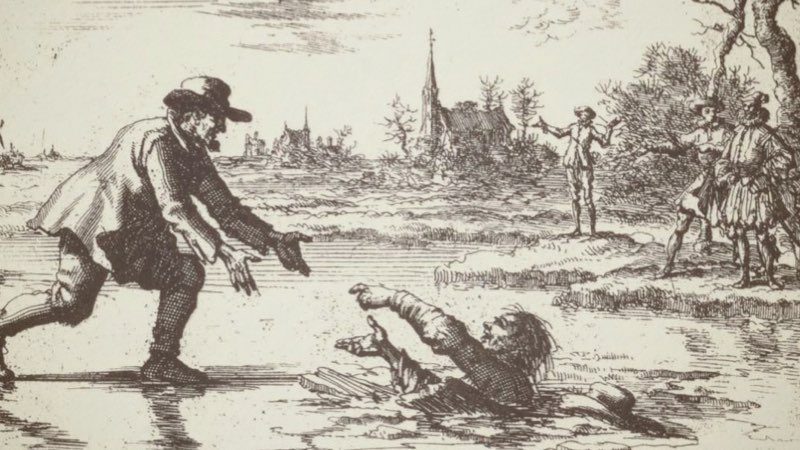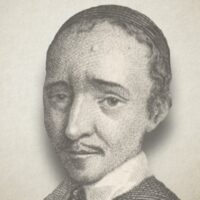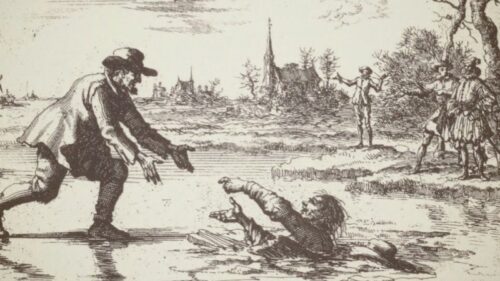
76. Alexander Of Phrygia
Alexander Of Phrygia, First Dreadfully Tortured, And Then Executed With The Sword, For The Confession Of The Son Of God, On The River Rhone, About The Year 172
The ancient writers mention also a certain pious man, called Alexander, a physician, and native of Phrygia, who was put to death on the same day and place when and where the above mentioned Attalus laid down his life. Concerning the cause of his imprisonment and death, it is stated, that, when Attalus and other Christians were being examined, this Alexander of Phrygia stood near the judgment seat, and considerably strengthened and encouraged, by motions and signs, the Christians who were making their defense and confession before the Judge, to the end that they should continue steadfast in the truth once received. When the people that stood around, murmured on this account, he was apprehended, and, being interrogated in regard to his views, he answered: “I am a Christian,” and made the same confession that Attalus and the others who had been apprehended and were standing before the tribunal, had made. He was therefore immediately sentenced to the amphitheatre, there, together with others, to be forthwith torn or devoured by the beasts. Thither he was then taken but the execution was deferred until the following day. The next day he was brought forth, to fight with the beasts; however, he was first exceedingly tortured with all sorts of executioner’s instruments. In this he bore himself with such fortitude, that he was not once heard to sigh, or to utter the least word of complaint; yea, he was not seen to manifest a single sign of distress or pain; only that he spoke to God in his heart. Finally, instead of fighting with the wild beasts, he was executed with the sword, and thus sealed with his blood the truth of the Son of God, and remained equally steadfast. Having been thus dreadfully tormented, the aforementioned three persons were again cast into prison. Then they were again taken from the prison, and tormented once more; first Blandina, and then Maturus and Sanctus. The mode of torture was, according to Eusebius, by many stripes; but Abr. Mellinus states, “That they were scourged a second or third time, with all kinds of rods, as well as beaten with sticks, cudgels, and three-cornered and barbed which he had maintained. Compare with the authors who have been adduced above in regard to the death of Attalus, Abr. Mellin., 1st book, fol. 43, col. 4, and fol. 44, col. 1.
Thieleman J. Van Braght (1625-1664) was an Anabaptist who is best known for writing a history of the Christian witness throughout the centuries entitled “The Bloody Theater or Martyrs Mirror of the Defenseless Christians who baptized only upon confession of faith, and who suffered and died for the testimony of Jesus, their Saviour, from the time of Christ to the year A.D. 1660” (1660).
Thieleman J. Van Braght, Martyrs Mirror




